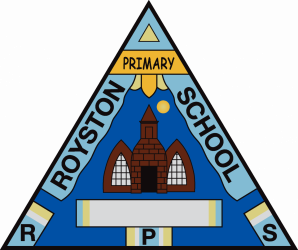| School | Royston Primary School | ||||||||
| Learning Community | Springburn | ||||||||
| Link Officer | Linda Logue | ||||||||
| Head of Service | Jean Miller | ||||||||
| School Roll | 107 | ||||||||
| Attendance Rate | 91% | ||||||||
| Pupils affected by the poverty related attainment gap (employment, income, housing, health, access to services, education, crime), covid & other forms of poverty not listed
OTHER – Pupils not in SIMD 1 & 2, not in receipt of school meals but affected by factors detailed above. |
|||||||||
|
|||||||||
| Grand Challenges 2023-26 (Grand challenges are the long term strategic changes you intend to achieve i.e ‘to improve attainment in literacy)
1) Improved attainment in school wide through staff engagement with GCC pedagogy modules. 2) Enhance inclusive practice ensuring all learners needs are met through continuous staff development. |
|||||||||


